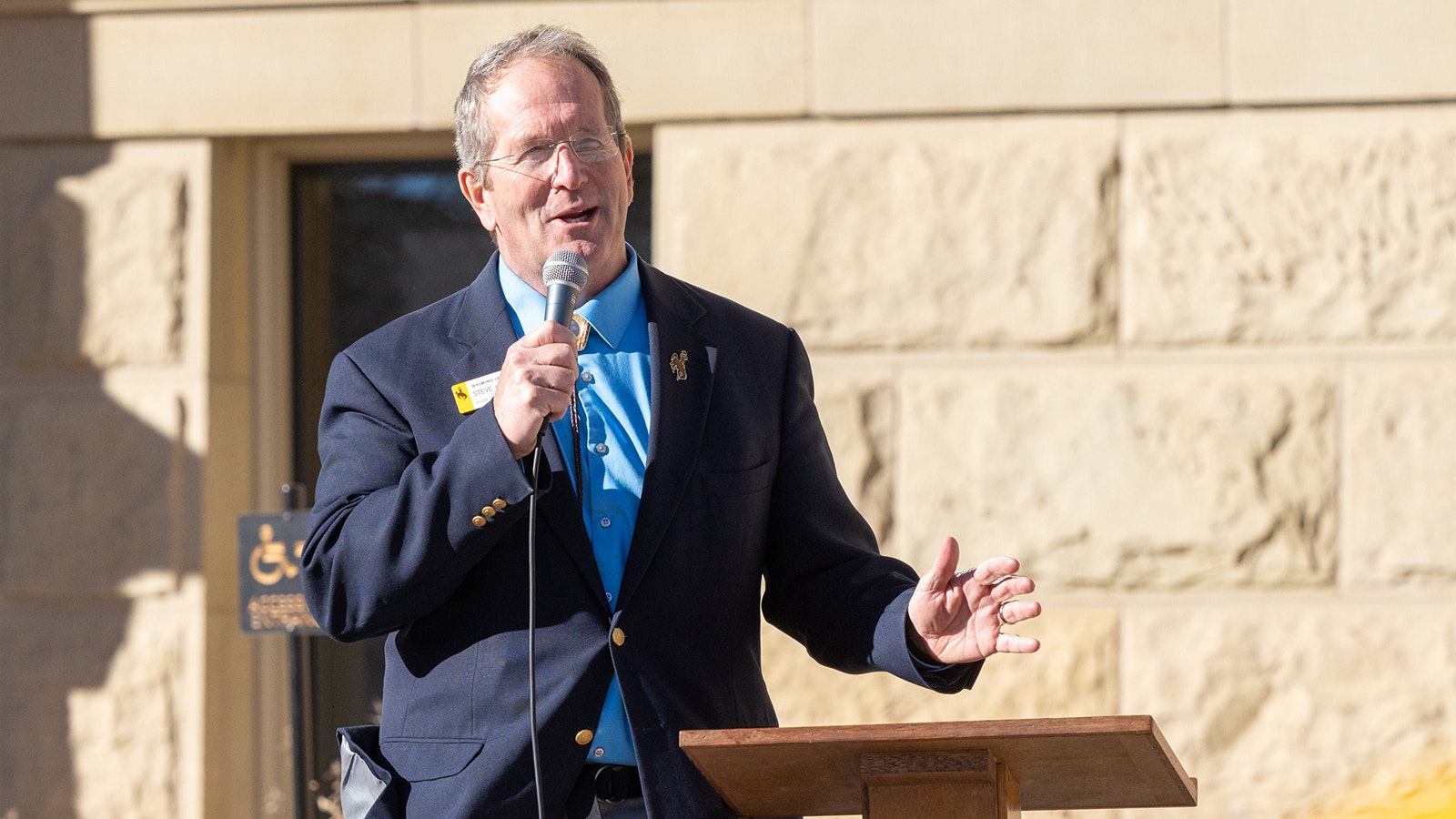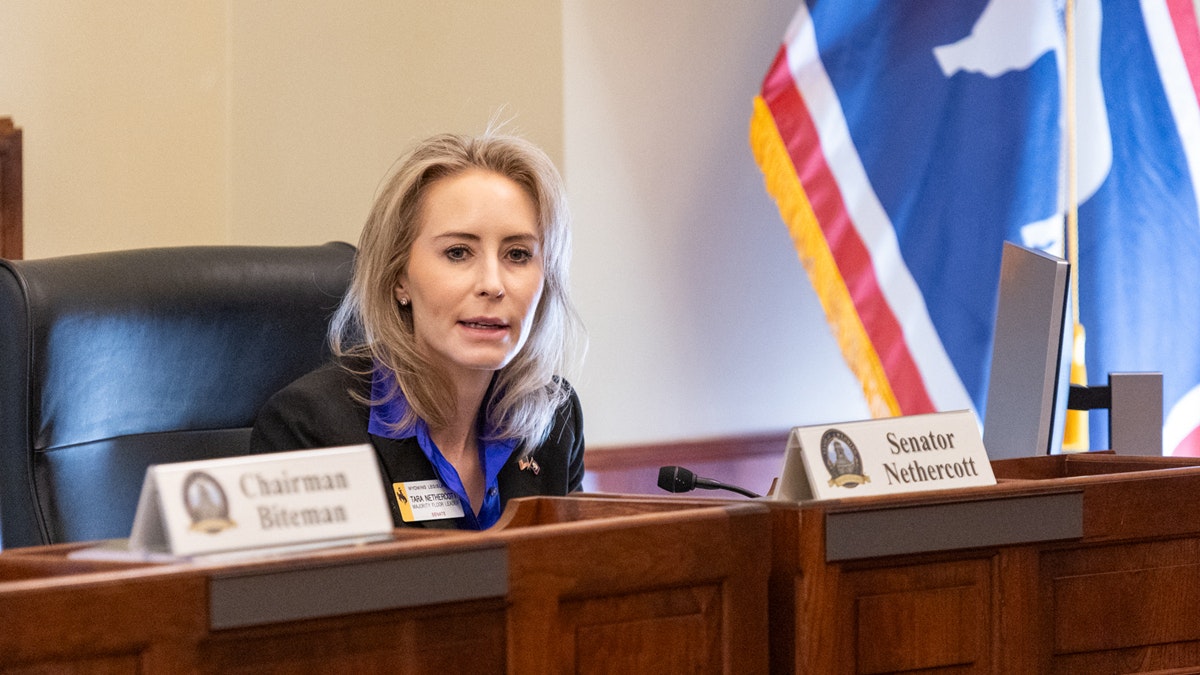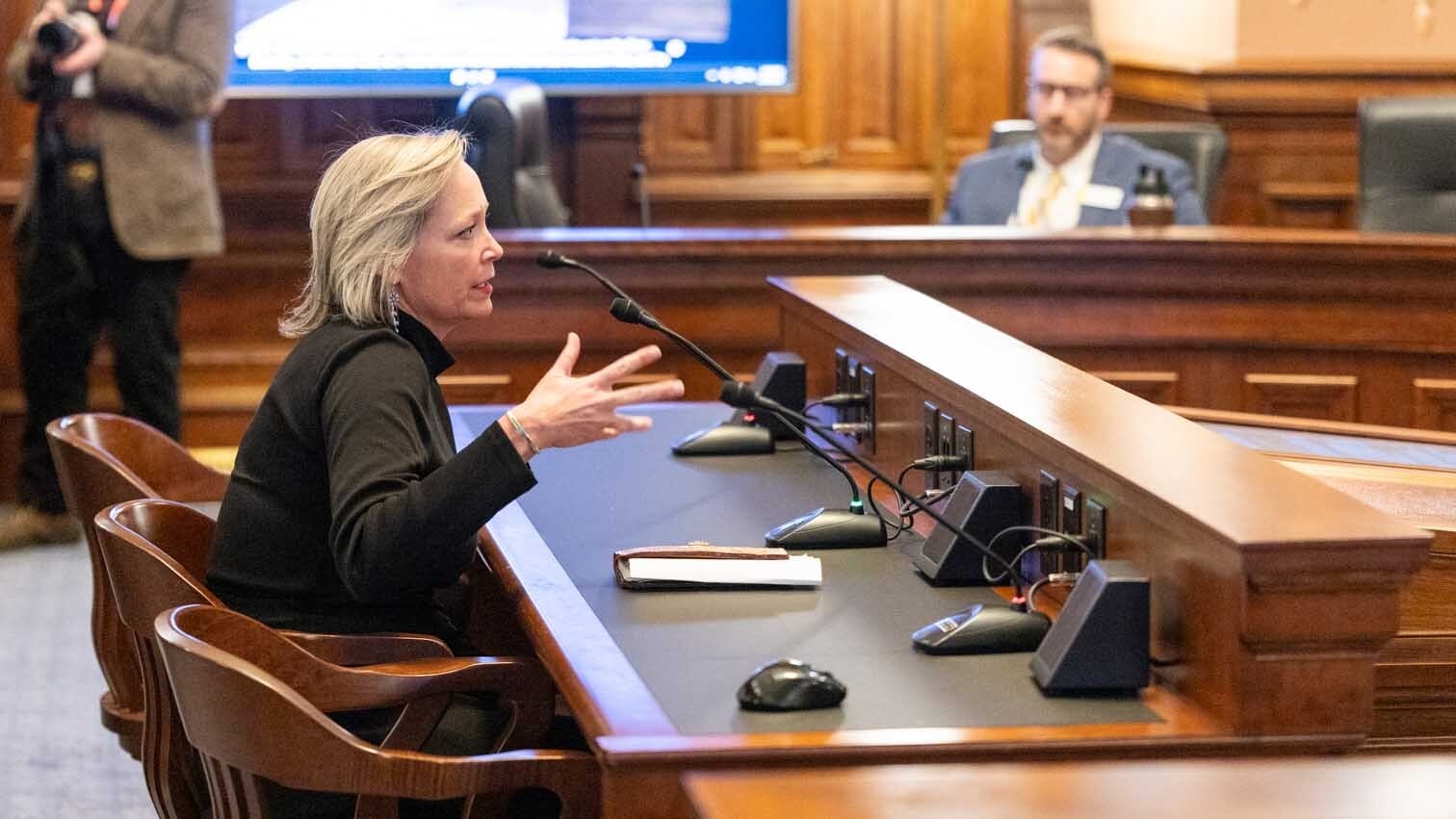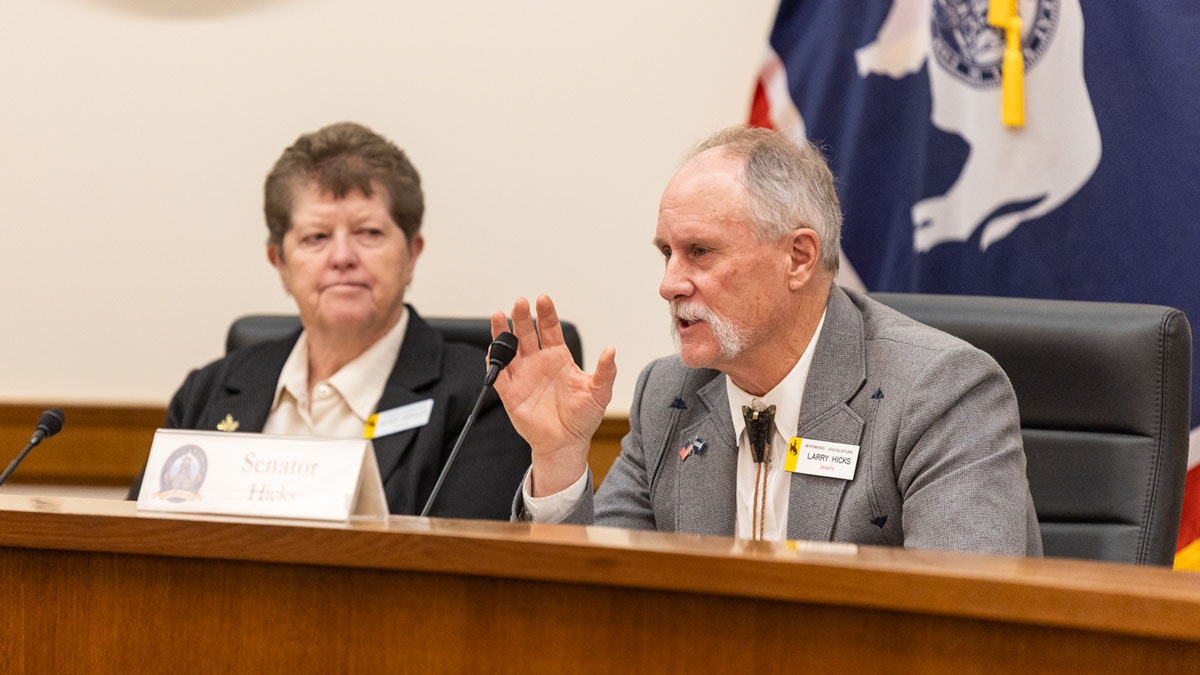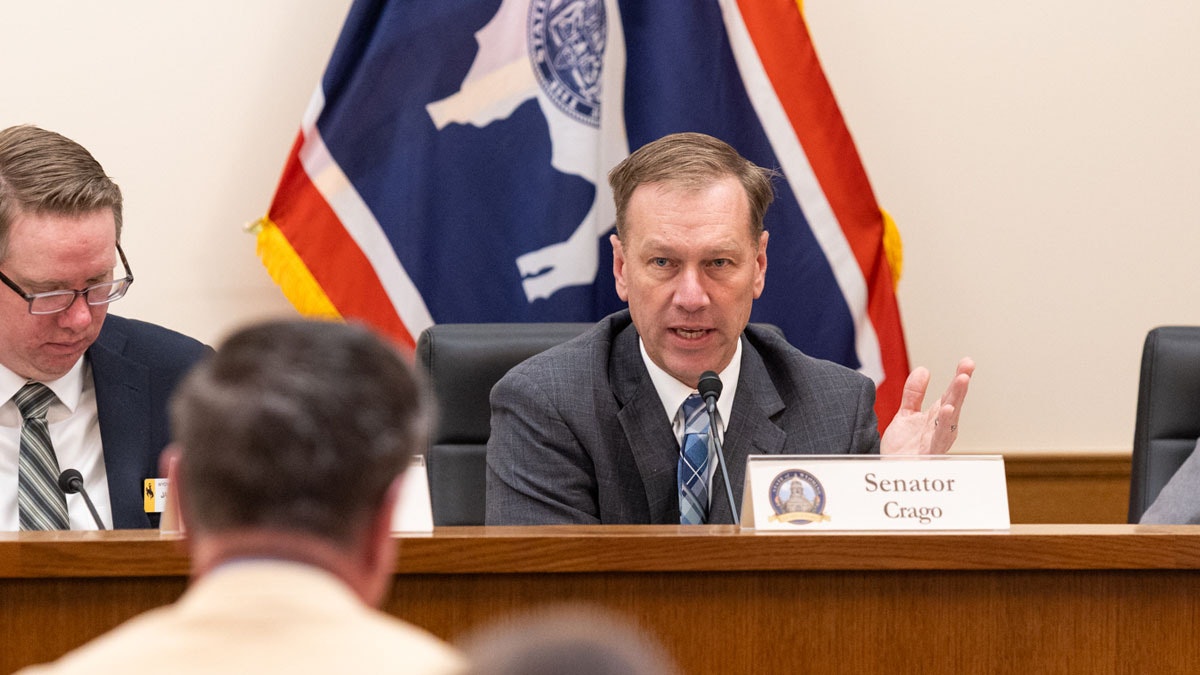Numerous studies and real-life examples have shown that social media can be harmful for youth if used incorrectly.
That’s one of the reasons state Rep. Steve Harshman, R-Casper, has introduced a bill for the upcoming legislative session that would require parental consent for anyone younger than 18 to use social media in Wyoming.
What started with Myspace around two decades ago, has evolved to Facebook, Instagram and now TikTok, each presenting more features and ways for users to interact with each other on the platforms, which has been particularly assisted by the increasing prevalence of smartphones.
Harshman said he sees his bill as another tool to help parents raise their kids and determine what they have access to is appropriate for their age and maturity.
“This stuff is moving so fast,” he said. “I don’t think many parents have a full idea, I know I didn’t. We’ve got to give parents another tool to help them.”
House Bill 85, titled “Social Media-Parental Consent For Minors Required,” would require consent from a parent or guardian if the user is younger than 18 to be allowed to use a social media platform.
Many social media companies already do not allow children younger than 13 to use their sites. Still, there’s a growing national movement to develop stricter age verification measures, such as requiring users to provide government-issued identification.
Similar legislation has passed in states like Arkansas, Texas, Louisiana, Utah and Ohio. Some of these consent laws only apply to children younger than 16, while some like Wyoming’s proposed law, applies to all minors.
Harshman’s bill directs the Wyoming Attorney General’s office to develop rules for the age verification and parental consent processes, and to determine what exactly does and doesn’t qualify as social media. He doesn’t believe these sideboards would be difficult to implement, as similar measures were recently enacted for online sports gambling in Wyoming.
Growing Concerns
Many parents and health advocates have expressed increasing concerns that social media has a negative effect on the mental health of children and teens.
Harshman said cyberbullying is one of his biggest concerns about children having access to social media.
“It’s heartbreaking,” he said.
One internal Facebook study first reported by the Wall Street Journal in 2021 found that 13.5% of teen girls say Instagram makes thoughts of suicide worse and 17% of teen girls say it makes eating disorders worse.
More than 40 states and the District of Columbia are suing Meta, the parent company of Facebook and Instagram, for allegedly implementing addictive features on their platforms that harm children’s mental health, have subsequently harmed young users, and did not sufficiently warn parents of those risks. Wyoming is not part of this lawsuit.
This year, U.S. Surgeon General Vivek H. Murthy released an advisory arguing that excessive social media use as a child may lead to a higher risk of poor mental health, including sleep problems and body dissatisfaction. But a recent report by the American Psychological Association (APA) found that social media use “is not inherently beneficial or harmful to young people.”
Harshman said he tends to agree with that APA determination, but believes more parental control should still be in place to use this technology.
“It’s not all bad … a lot of that stuff is connecting people and all that, but there’s some sides to it too,” he said. “When you’re raising kids and you’ve got a 12-year-old with a phone in his pocket, maybe mom and dad ought to at least be in charge of that a little bit and give permission to that.”
A parent of four and a high school teacher, Harshman said if he could go back in time to when he was raising his kids, he would’ve thought twice about allowing them to use social media.
“In today’s kids even (too), that’s where I’m really motivated, with the kids I see on an everyday basis,” he said.
Potential Issues
Any rule that the Wyoming AG’s office creates will inherently require adult users to reveal their age to know which users need parental consent to participate. There could also be hurdles with someone proving they are a child’s parent or guardian. Both of these could create some issues with privacy laws.
Federal judges recently blocked newly passed children’s social media safety laws in California and Arkansas, saying they may violate First Amendment protections, and raised doubts whether they would actually keep children safer.
Some opposing these laws like the Electronic Frontier Foundation have also argued that minors could lose access simply because parents may not have time to complete the verification requirements, or because their parents do not wish to share more private information with the companies.
Leo Wolfson can be reached at leo@cowboystatedaily.com.

